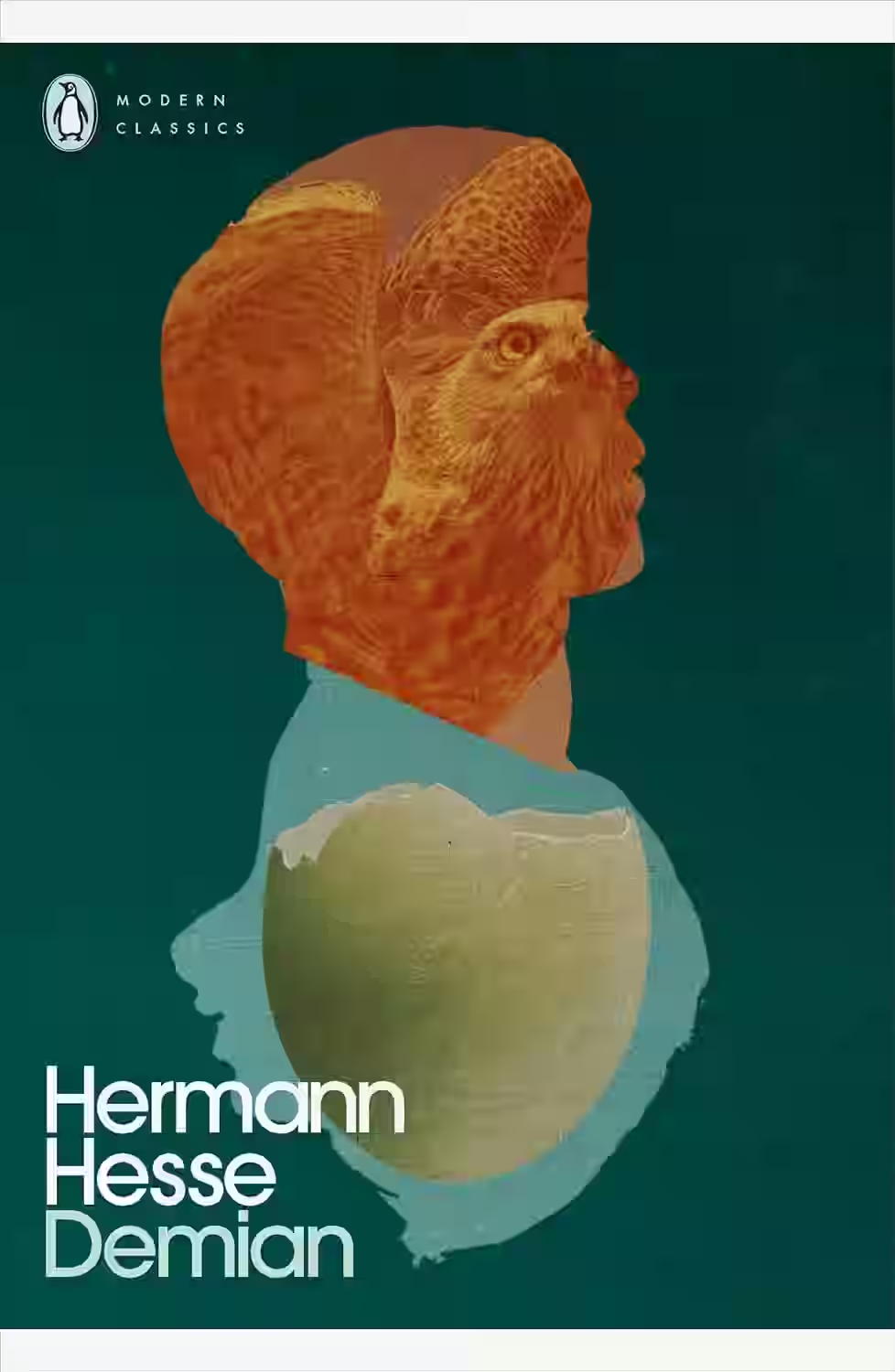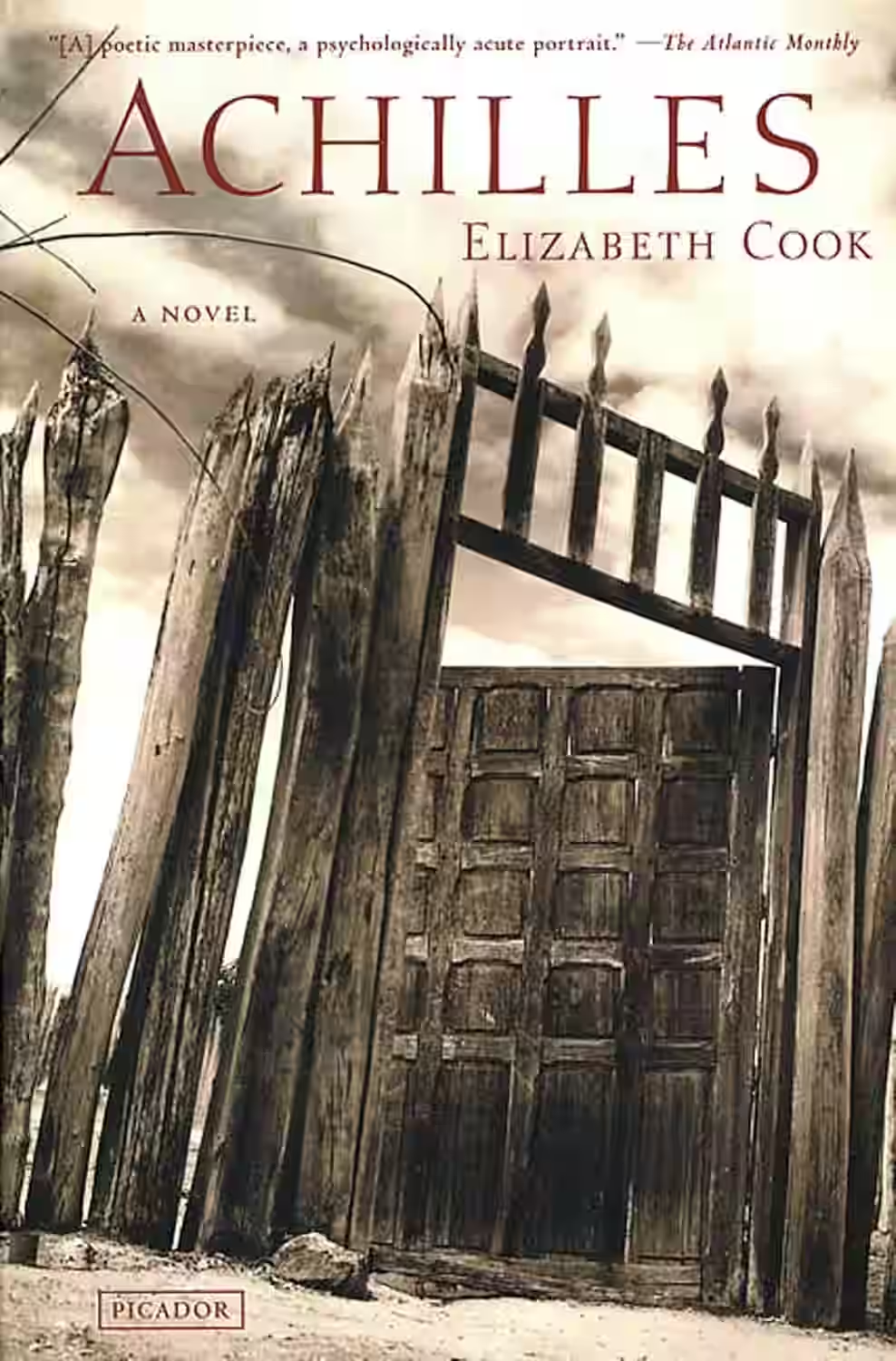
Hermann Hesse's 'Siddhartha' is a timeless exploration of self-discovery and spiritual enlightenment. Set in ancient India, the novel follows Siddhartha's quest for meaning beyond material wealth and societal expectations. Through encounters with different philosophers, ascetics, and a courtesan, Siddhartha learns valuable lessons about the nature of existence, the pursuit of wisdom, and the interconnectedness of all beings. Hesse's lyrical prose and profound insights make this a deeply contemplative and introspective read, inviting readers to reflect on their own paths to fulfillment and enlightenment. 'Siddhartha' continues to inspire and resonate with readers across generations.
About Hermann Hesse
Hermann Hesse (1877-1962) was a German-Swiss author and poet known for his exploration of existential themes in his works. Born in Calw, Germany, Hesse led a tumultuous life marked by spiritual searching and self-discovery, which heavily influenced his writing. His masterpiece, 'Steppenwolf' (1927), and the iconic 'Siddhartha' (1922) are celebrated for their profound philosophical insights and portrayals of personal transformation. Hesse's unique blend of Eastern spirituality and Western philosophy resonated with readers worldwide, earning him the Nobel Prize in Literature in 1946. His timeless works continue to inspire generations and shape modern literature with their introspective narratives and timeless wisdom.
Other Books by Hermann Hesse

Demian
Hermann Hesse's 'Demian' is a captivating coming-of-age novel that delves into the internal struggles and spiritual awakening of the protagonist, Emil Sinclair. Set in pre-World War I Germany, the story follows Sinclair's journey of self-discovery as he navigates the complexities of societal norms, morality, and his own inner darkness. Through his friendship with the enigmatic Max Demian, Sinclair confronts his conflicting desires and confronts the concept of duality within himself. Hesse masterfully weaves themes of individuation, rebellion against conformity, and the search for one's true self in this profound and introspective work.
Similar Books

Brideshead Revisited
by Evelyn Waugh
Evelyn Waugh's 'Brideshead Revisited' masterfully captures the essence of nostalgia and the complexities of class and religion in early 20th-century England. The novel follows Charles Ryder, an artist and army officer, as he reflects on his youth and intricate relationship with the aristocratic Flyte family. At its core, it is a poignant exploration of faith, love, and memory, set against the backdrop of the opulent Brideshead Castle. Through Waugh's lyrical prose, the narrative scrutinizes the decline of the British aristocracy and the relentless march of modernity. With its richly drawn characters and a profound sense of loss, it remains a classic meditation on the passage of time and the enduring pull of the past.

Achilles: A Novel
Elizabeth Cook's 'Achilles: A Novel' reimagines the timeless legend of the Greek hero Achilles, blending myth with modern sensibilities to create a hauntingly beautiful narrative. Through lyrical prose, the novel delves deep into themes of love, destiny, and the inescapable pull of fate that surrounds the protagonist. Cook explores Achilles' complex relationships, particularly with Patroclus and Briseis, bringing emotional depth and nuance to these timeless characters. The story elegantly balances tragedy and introspection, providing a fresh perspective on his heroism and vulnerabilites. Cook’s ability to juxtapose the epic with the intimate makes this retelling both moving and thought-provoking.

Blood Meridian
Blood Meridian is an epic novel of the violence and depravity that attended America's westward expansion, brilliantly subverting the conventions of the Western novel and the mythology of the Wild West. Based on historical events that took place on the Texas-Mexico border in the 1850s, it traces the fortunes of the Kid, a fourteen-year-old Tennesseean who stumbles into a nightmarish world where Indians are being murdered and the market for their scalps is thriving.

Sula
Toni Morrison's 'Sula' is a powerful exploration of friendship, womanhood, and the complexities of human relationships set in the close-knit community of the Bottom in Ohio. The novel follows the diverging paths of Nel Wright and Sula Peace, two young Black girls whose deep bond is tested by societal norms, personal choices, and the consequences of their actions. Through lyrical prose and vivid storytelling, Morrison delves into themes of betrayal, identity, and the search for autonomy, ultimately challenging traditional notions of good and evil. 'Sula' is a poignant and thought-provoking work that lingers in the reader's mind long after the final page.